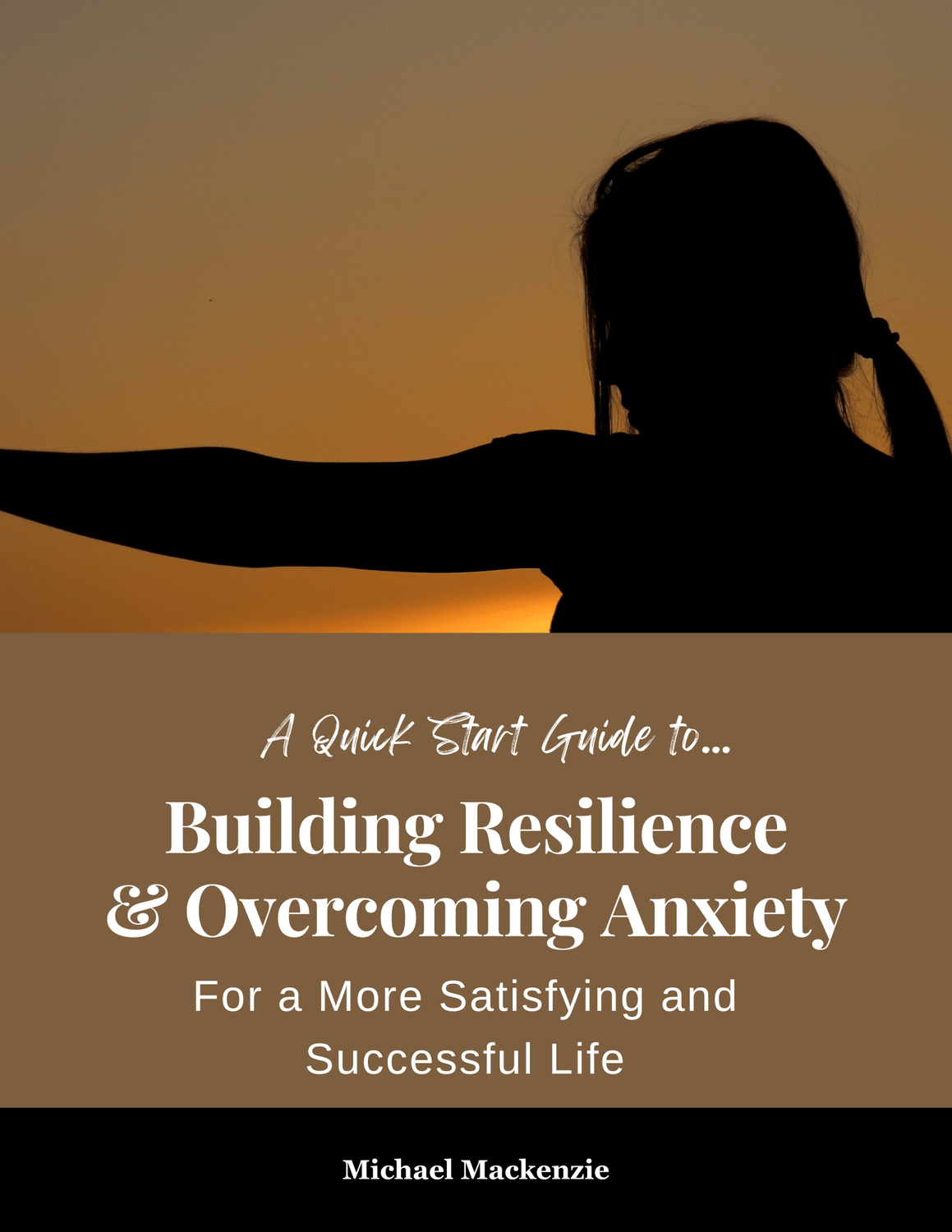Dig Deeper to Communicate Your True Feelings
Author: Michael Mackenzie
Imagine that you've gotten into an argument with a friend. This isn't difficult to picture. Every decent relationship has its ups and downs. You've probably had differences of opinion with your friends in the past. No two people are identical, so this is natural and normal.
In this case, your feelings are running pretty hot. You can't believe what they did. What was their motivation? Why would they do such a thing? You feel angry. Certainly, you're feeling different emotions, but anger is probably the best word to describe your feelings.
But is that really all that's going on?
In other words, is that your primary emotion in play here? Several secondary or surface emotions pop up because of some deeper issue. On the surface, anger might be your knee-jerk reaction if someone does something that causes you emotional, physical, or mental harm.
That's okay. Your feelings are automatic and you don't have much control over them most of the time. After they pop up, you can deal with them and try to water them down a little. But when they first appear, they are a true expression of your surface emotions at that present time.
That doesn't mean they are the clearest picture of what's happening inside.
Your Anger Might Be Based on a Deeper Feeling of Betrayal
Anger and fear are surface-level emotions. They're based on something else. You're not usually angry as the clearest and only label or expression you can give your emotions. There's a lot of other stuff going on. The same is true with fear.
You might have been afraid of being alone as a child. You would rather be around other people, whether they were adults or children your age. If you were alone as a child and became afraid, was that really all that was happening? Perhaps that fear of loneliness appeared because you felt emotionally abandoned by some important adult.
Abandonment is the primary emotion that gives life to the secondary emotion of fear.
In the example above of your friend making you feel angry, is betrayal perhaps a truer representation of how you feel down to the core? Digging deeper into your vulnerable, primary emotions gives you a better picture of what's happening. It helps you deal with the situation in a much more effective way.
Do this anytime you feel you need to communicate your feelings and emotions. Nothing gets better if you use the wrong medicine to treat a disease. Nobody wins if you try to heal a situation by addressing only the surface-level emotions rather than what's causing them. Look for the underlying issues for your primary feelings, and you'll be more successful in communicating your emotions.
Copyright 2025 by Nextstar Coaching LLC.


